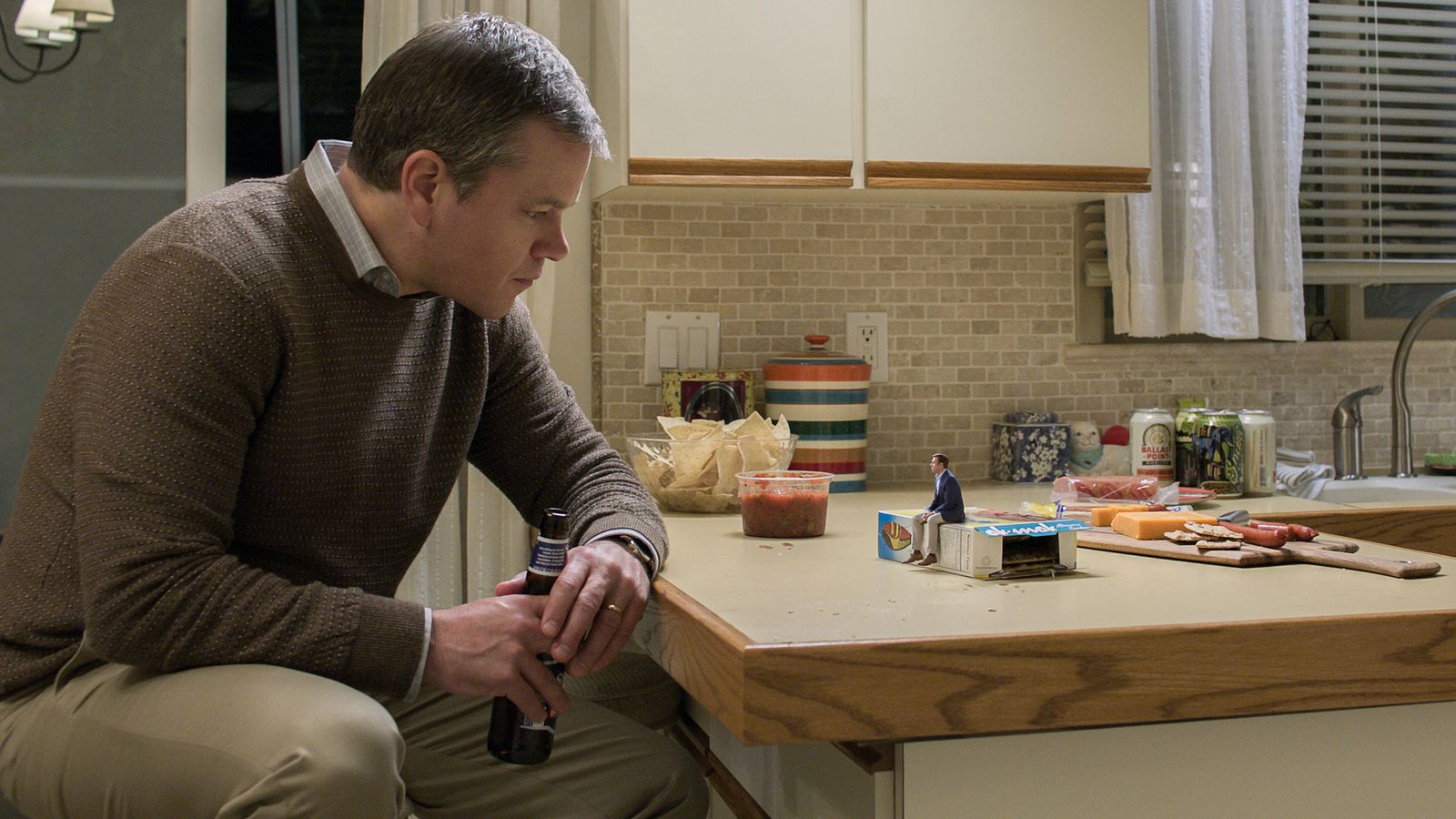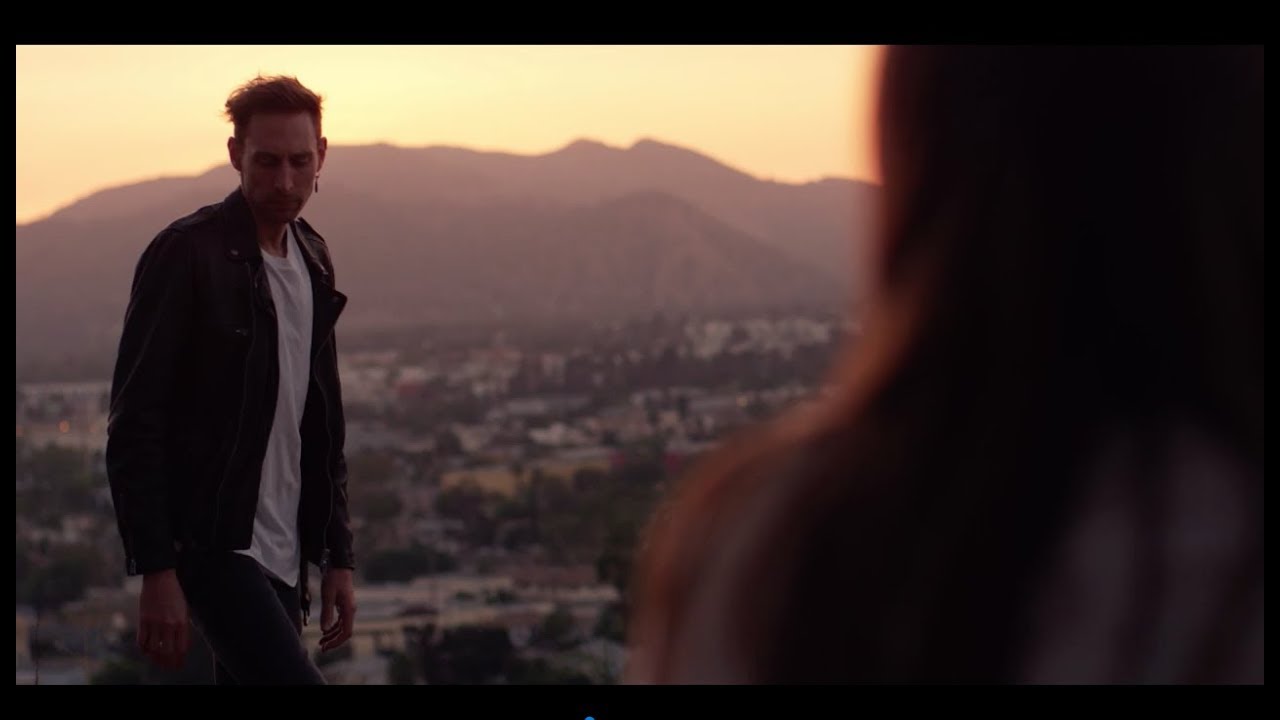Social satires are always kind of a toss-up. In one end of the spectrum, you can get something like Get Out. While being relentlessly entertaining, its delicate and almost always incisive of the way white culture appropriates black culture. On the other end of the spectrum, you have Downsizing. Alexander Payne is usually pretty good at breaking down why suburbia can be a poisonous letdown and how trying to escape it is futile. It may sound dire, but he somehow has a knack for the subject matter without diving into the kind of overdramatic slop he likes to parody. That’s why Downsizing is such a letdown: Payne tries to satirize the American dream and its many excesses. He weaponized the idea by way of a sci-fi concept and then used it to tell a story about a white man looking for more culture in his life, more color. Focusing on one schlub’s cultural enlightenment leaves the film desperately shortsighted and just plain ol’ boring.
Downsizing starts out good enough. A Norwegian scientist directly addresses the looming threat of global warming by developing a technology that shrinks a person to a few centimeters high. Flash forward to a decade later and “downsizing” has become a commodity. “Get smaller, get richer” seems to be the base appeal. Paul Safranek (Matt Damon) buys into that idea and starts his new life in Leisure Land, a miniaturized version of a town with big, garish houses and big, garish complexes of superstores. His life changes when he meets Ngoc Lan Tran (Hong Chau), a Vietnamese woman forced to downsize by an oppressive regime. The interest he takes in her life implores him to be a better person. The noble quest for enlightenment is filled with selfless deeds, or so it seems.
That isn’t to say that Downsizing is all bad. As a matter of fact, the first half an hour or so ends up being mildly funny. That’s mostly due to Payne’s firm grip on the way people pour their own wants and needs into a concept, hoping for it to solve all of life’s problems. Damon’s Paul Safranek is amiable enough until his dopey well-to-do routine completely sinks any of the headier ideas Payne seems to be game to approach. The concept of downsizing in and of itself is fascinating. If we shrink ourselves down, who are we really helping? As much as we’d like to wave a magic wand to get rid of global warming, will the act of downsizing have that much impact on the cause? And will the excess of American culture follow and destabilize these downsized communities? While those questions are answered, they’re never directly addressed. They run in the background to Paul’s journey to experience new things and help out the world as much as he can.
But he doesn’t have anything to offer but that thousand-yard empty stare someone has when they truly don’t understand something. Payne doesn’t share that opinion, so he lets Paul’s ego inflate until his self-confidence nearly destroys every relationship he has. Try a little bit of helping out the poor; it’ll be good for you. Fall in love with a woman less fortunate; it’ll be good for you. Try to save the planet; it’ll be good for you.
The garishness on stage here is all up on display beautifully, though. The visual effects and grasp on scope here are both immaculate. Payne moves confidently into a bigger budget with his cinematographer, Phedon Papamichael. There’s a clear visual disparity between the gaudy Leisure Land and the slums in which Ngoc Lan Tran is forced to live. The production design doesn’t side with either aspect of the mini-society. If anything, it may be the only thing well-rounded about Downsizing’s many conceits.
While it seems like Downsizing is an easy film to dunk on, it remains a fascinating object in 2017, a year in which many filmmakers ventured to understand lifestyles and cultures that are not their own. It’s just too bad that this attempt is overly-earnest and bordering on piety to white suburban culture.













